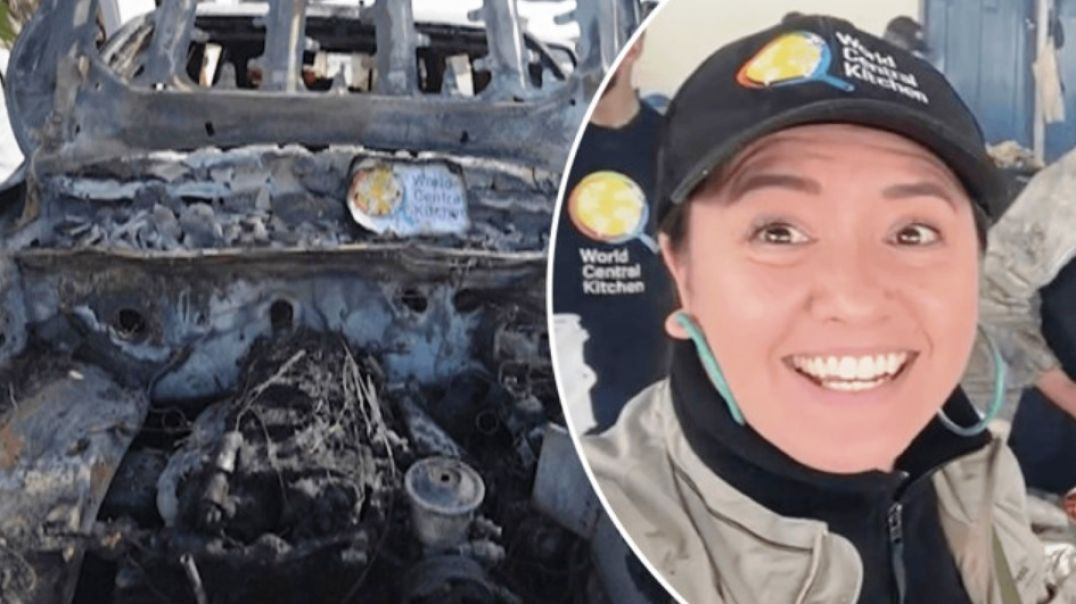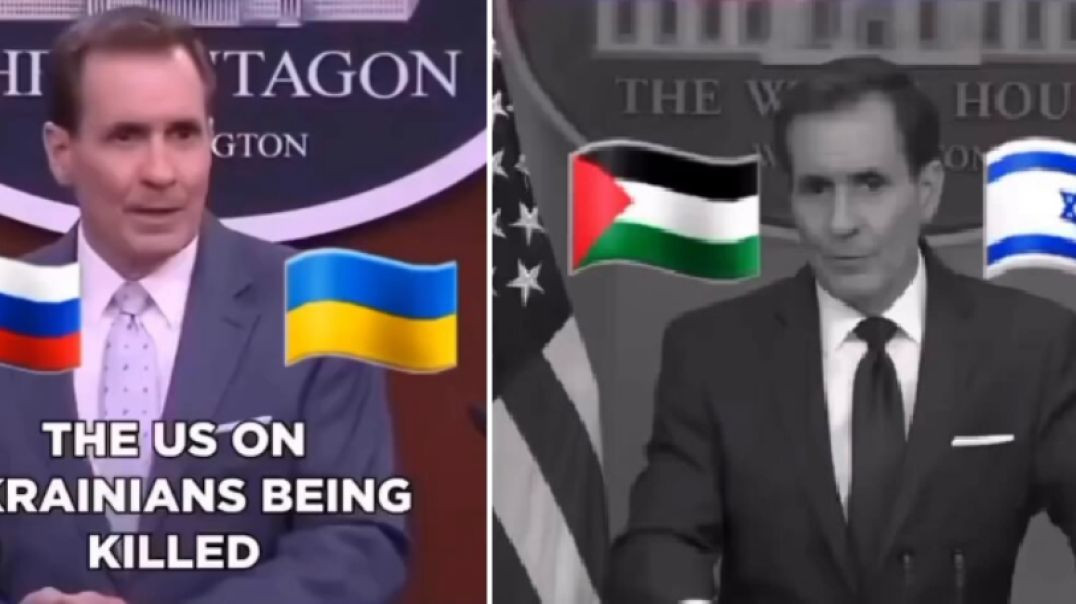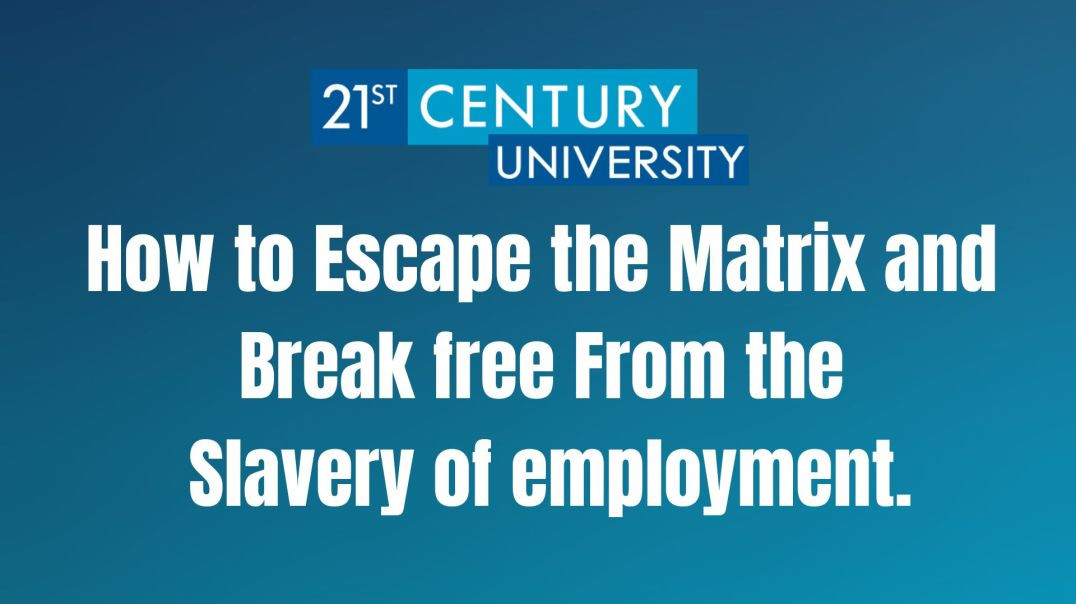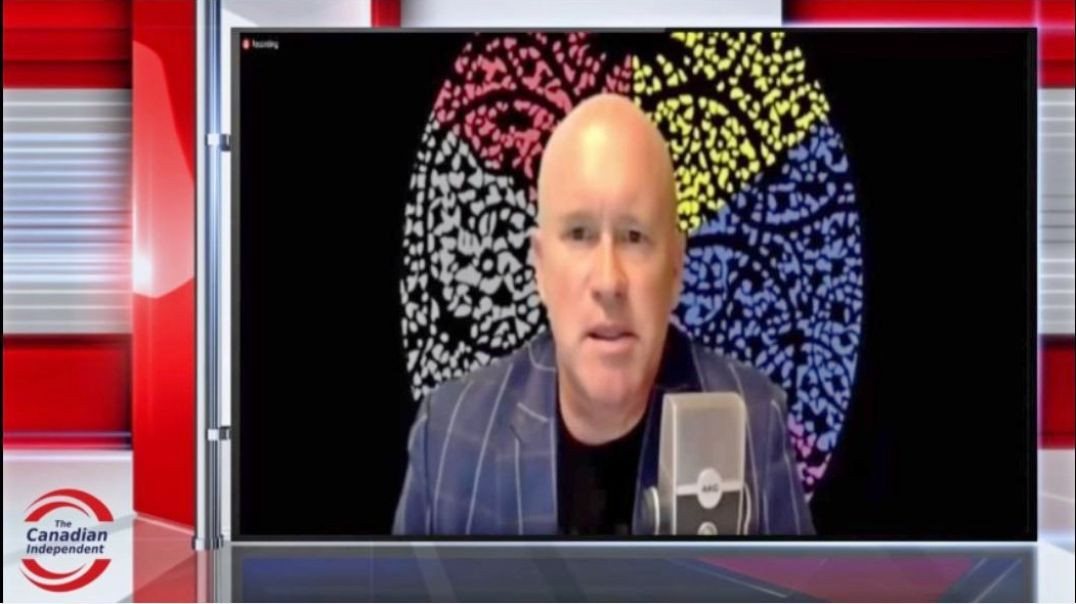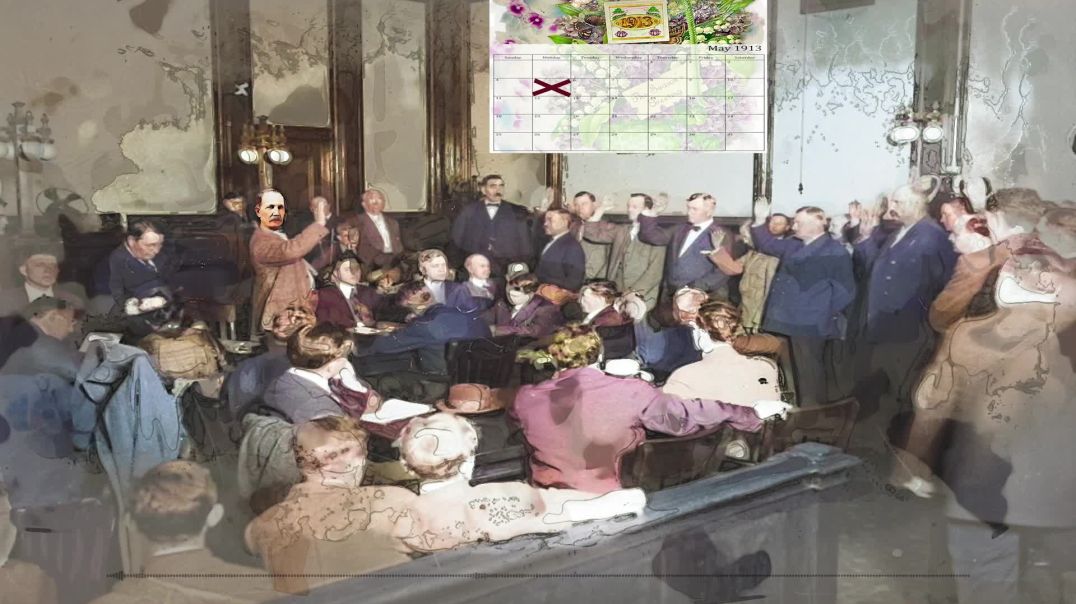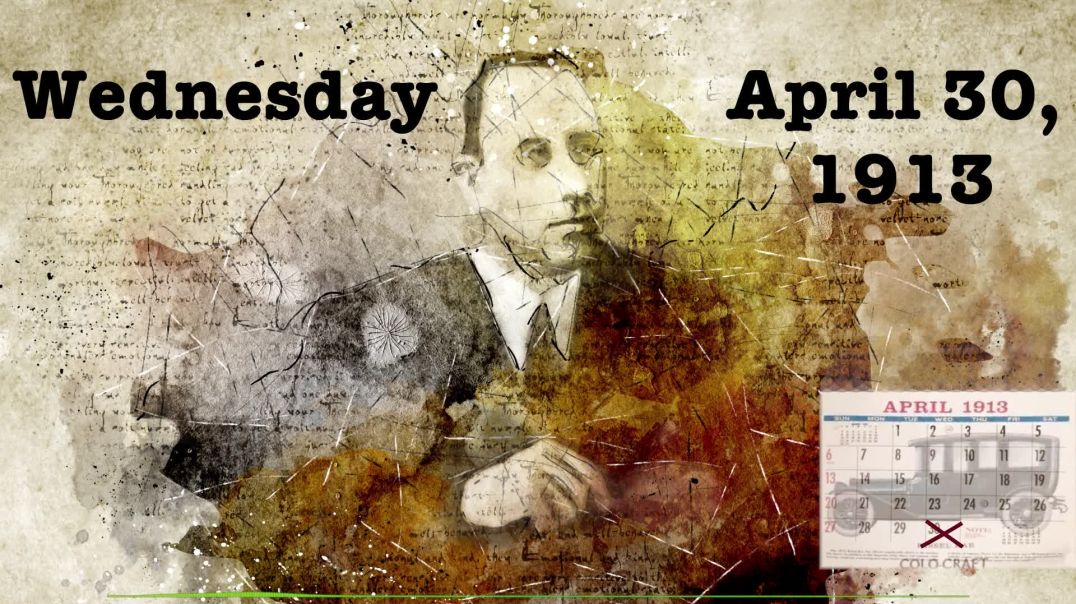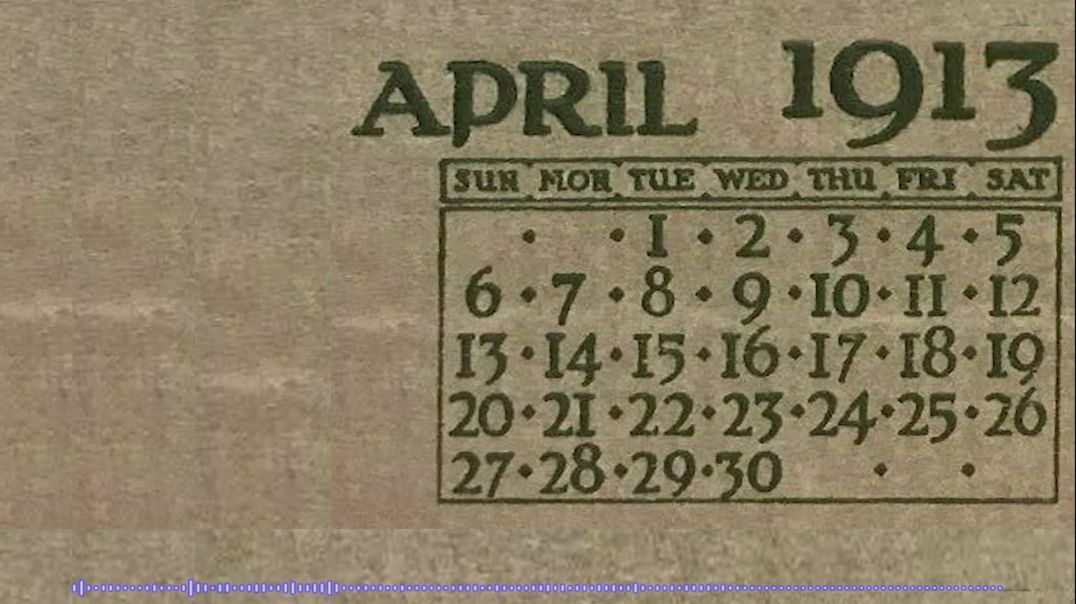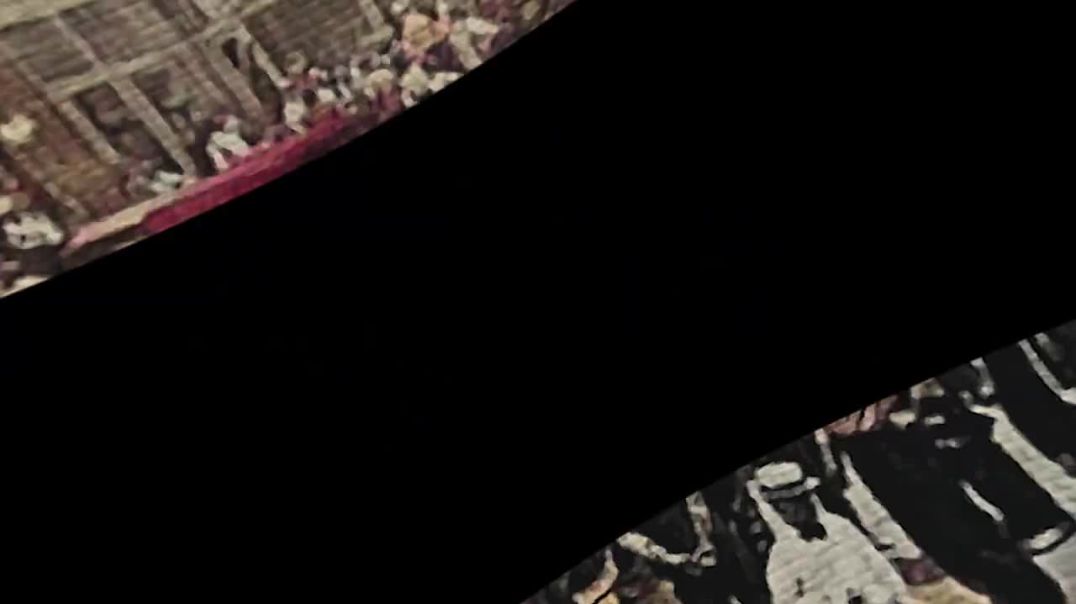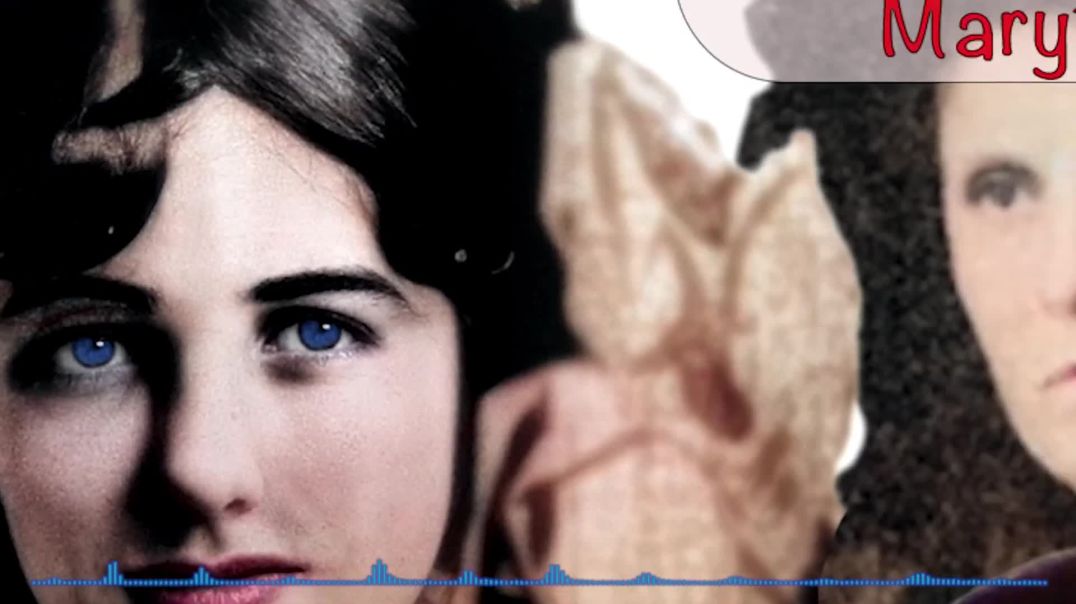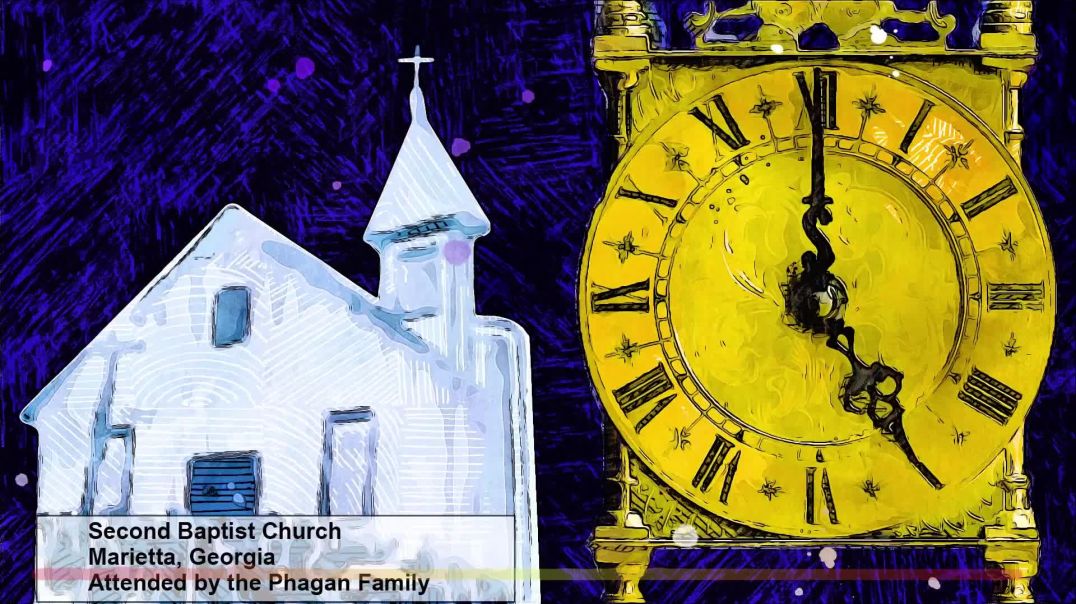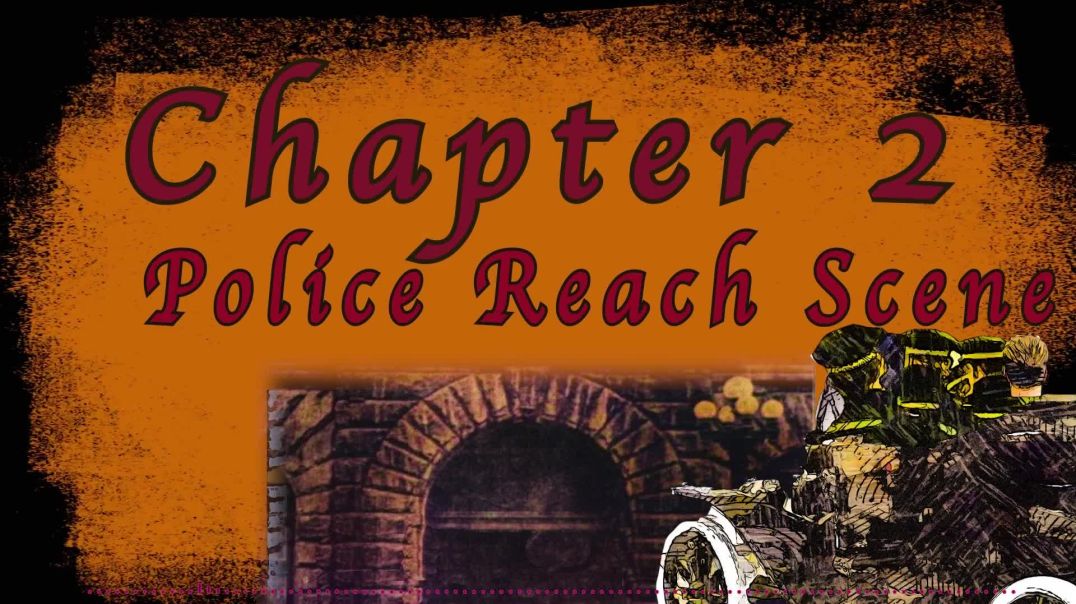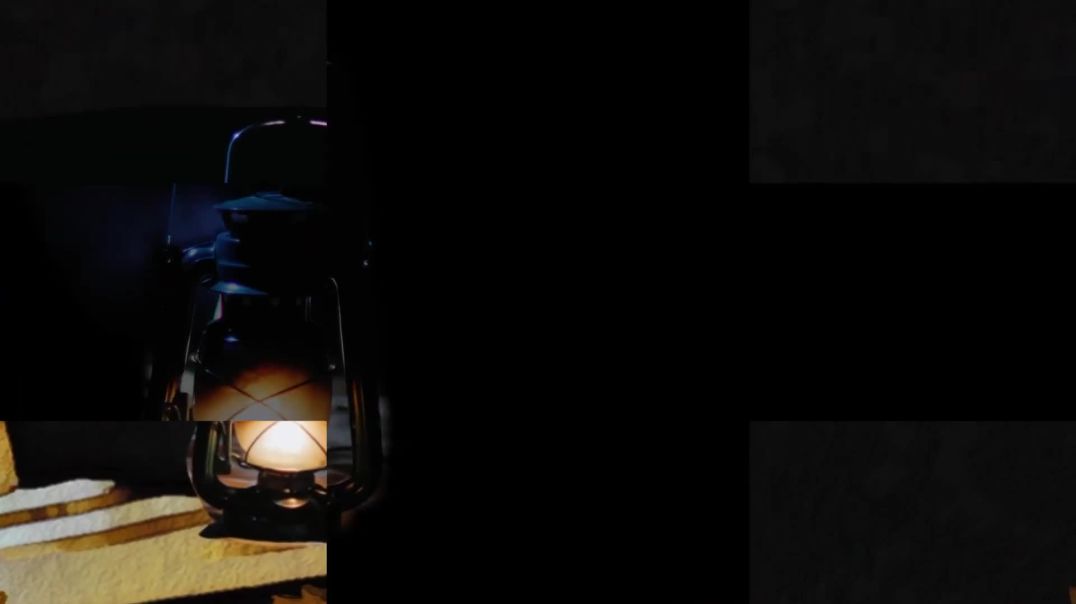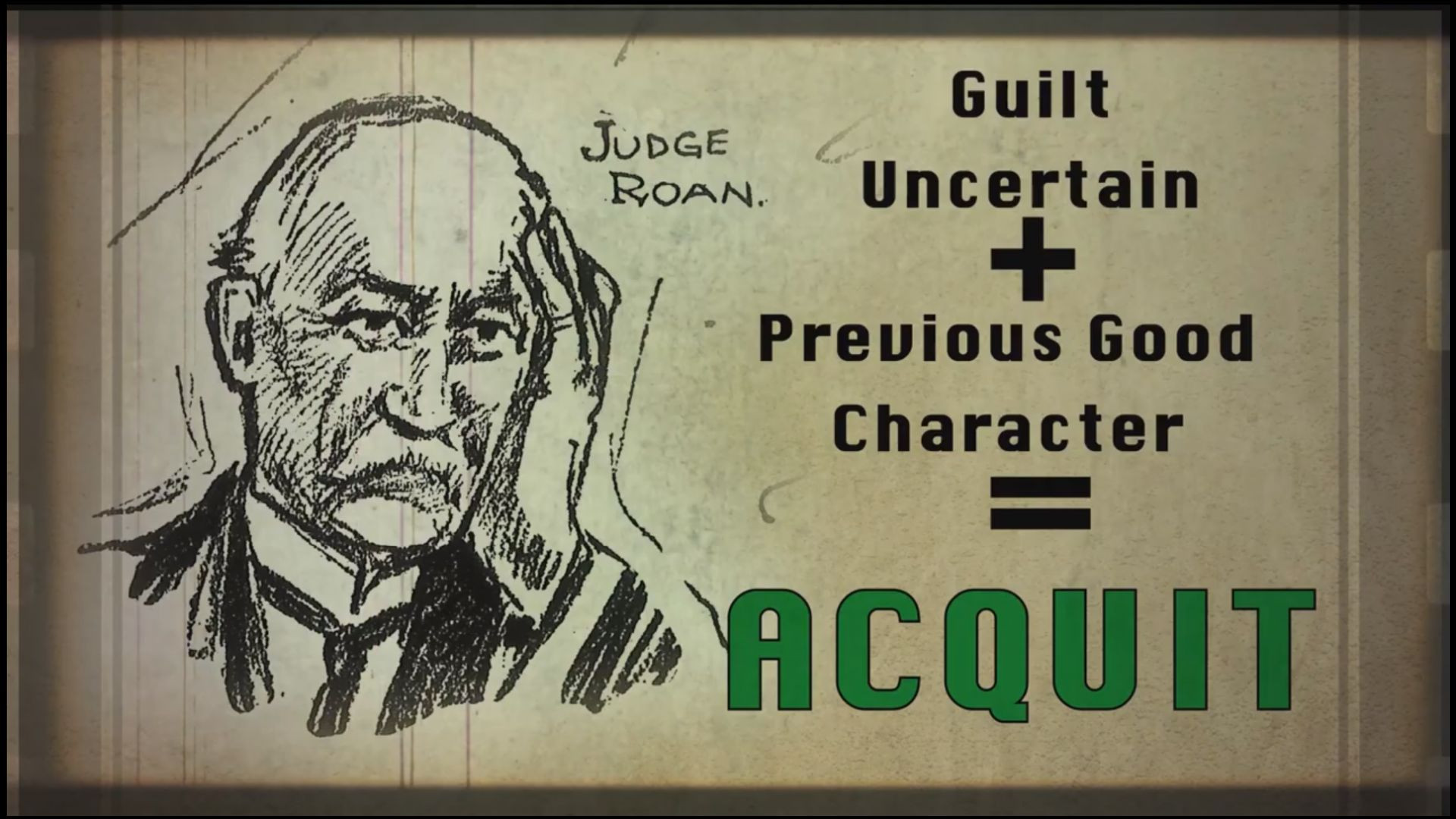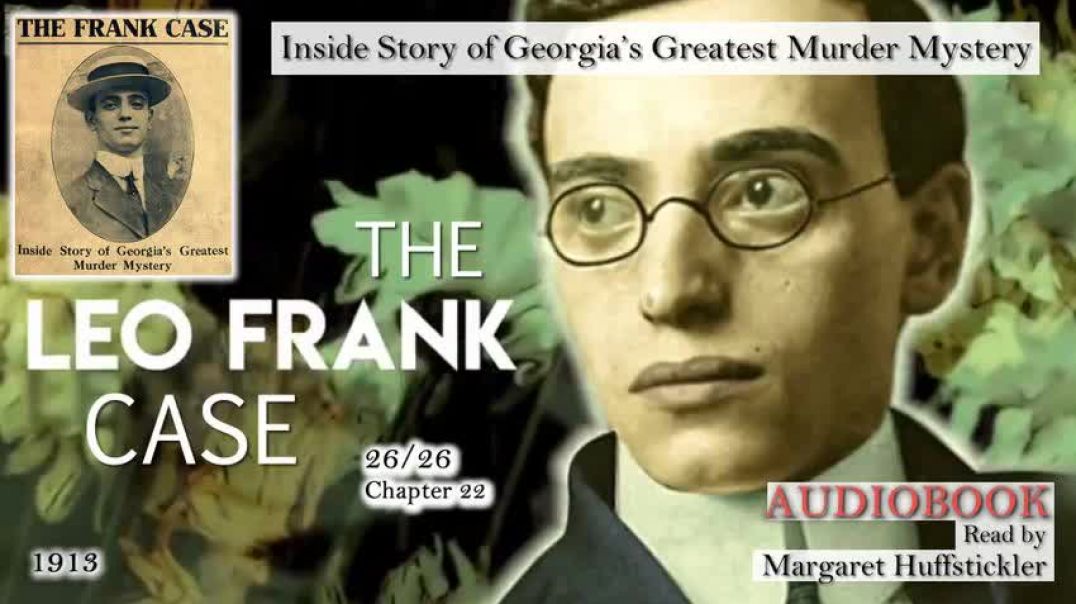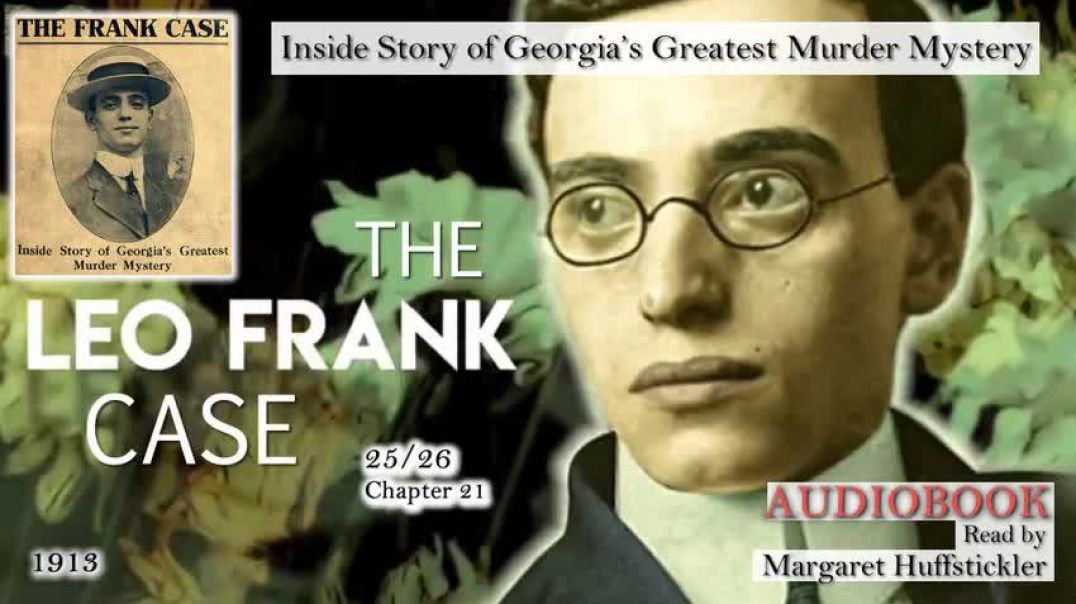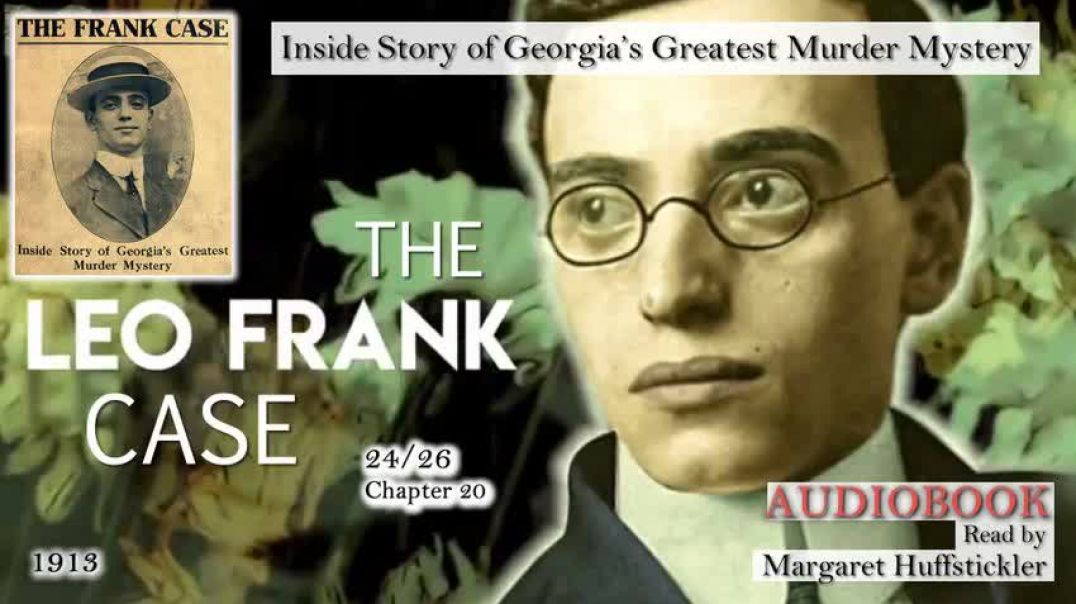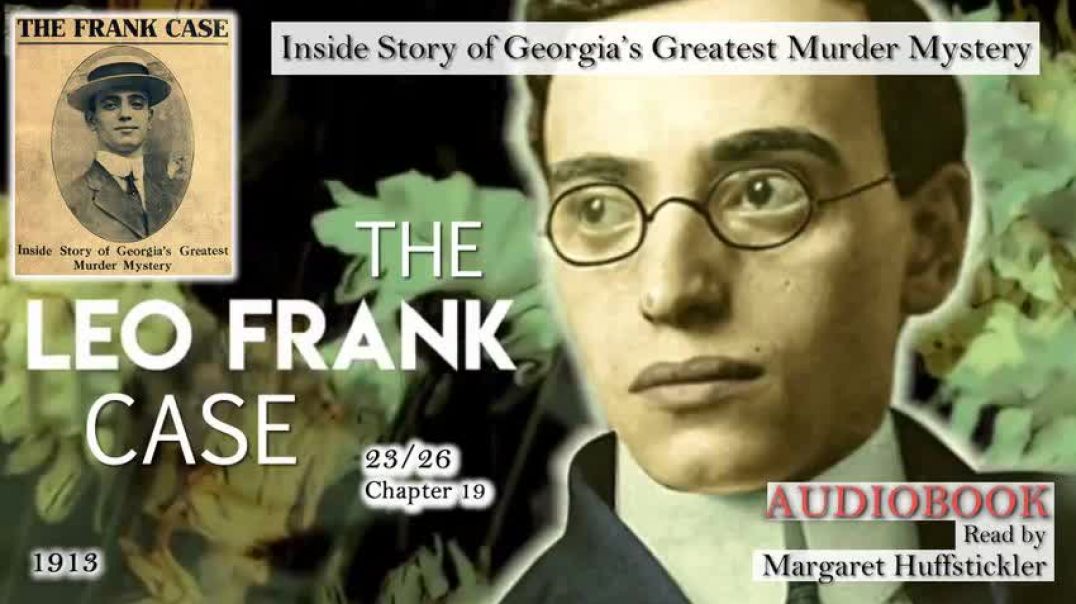Please donate now to help fund our work
- Film & Animation
- Music
- Pets & Animals
- Sports
- Travel & Events
- Gaming
- People & Blogs
- Comedy
- Entertainment
- News & Politics
- How-to & Style
- Non-profits & Activism
- McIntyre Report
- Jamie McIntyre uncensored
- RAW Report
- Candace Owens
- Steve Kirsch
- Tucker
- Bongino
- Elon musks
- Alan Jones Australia
- RT News
- Wayne Crouch Show
- Other
The Murder Of Little Mary Phagan - Vanessa Neubauer - Chapter Eleven - The Phagans Break Their Vow
The narrator was nervous and excited as he waited for the Tennessee staff to arrive. They discussed the Mary Phagan Leo Frank case and how the evidence came to light. One of the reporters, Jerry Thompson, explained that he worked undercover with the KKK for over a year and crafted a story about the current KKK. When they found out he was a reporter, they hired security guards to protect him and his home. Alonzo Mann's nephew, Bob Mann, told Jerry that his uncle had witnessed a murder in Atlanta in 1913, but gave no further details. Intrigued, Jerry consulted a publisher, who agreed to publish a series of stories about the sentencing of innocent people. At the time, the series was considered low profile, but Jerry had never heard of Mary Phagan or Leo Frank. Jerry met a rabbi who mentioned Leo Frank and the story took precedence. Alonzo Man liked Leo Frank and was relieved by Frank's commutation. Newspaper staff invited the author to a press conference on April 1 at the Jewish Community Center in Atlanta. The authors agreed but requested anonymity. The room was a typical conference area, filled with reporters who were either invited to be present or interested in the case. The state of Tennessee and its officials were skeptical that the author would make any statements and had no idea what he was going to present to the Jewish community, so they agreed that anonymity was best. As they entered the room, the Tennessee staff asked the author to sit next to them. Tennessee reporters Jerry Thompson and Robert Sherborne introduced the Jewish community to a review of the evidence of Leo Frank's innocence. Most of the questions concerned the effect of Alonzo Mann's affidavit as the missing evidence conclusively proving Leo Frank's innocence. One of the questions concerned the Phagan family, and Jerry Thompson said that some members of the Phagan family continued to believe in the guilt of convicted Leo Frank, while others tried to be objective. Stated. The author tried to be objective, but found it difficult to do so because of the emotion involved. The meeting was called off on the grounds that Leo Frank's posthumous pardon would likely cause problems for the gubernatorial election. The speaker acknowledged that Jerry Thompson and Robert Sherborne, in presenting evidence to the Jewish community, concluded that Alonzo Mann's conclusions were true and could not be so objective. rice field. The speaker's grandfather and father kept telling the story of young Mary Phagan, and always told of Leo Frank's conviction for murdering her. How could the speaker reconcile her two opinions?On April 4, just three days after the press conference, her youngest brother Michael died. The speaker was the oldest and he was the youngest, but they both respected each other more than he thought.
Michael went through many difficult times in his life, but his family supported him. His death devastated his family, but they never stopped loving him. Michael was buried next to his grandfather and the family laid flowers at each grave. An article appeared in the East Cobb Neighbor newspaper near Marietta on April 6. Jewish leaders are seeking ways to secure the posthumous innocence of Leo Frank, a fin-de-siècle Atlanta businessman who was convicted and lynched in the murder of Marietta. Witnesses in the case now say Frank killed. don't commit. One of the three journalists who covered the apparent new developments in the 69-year-old's case said he was willing to help clear Frank's name. Tennessee revealed in a copyright filing released last month that 82-year-old Bristol, Virginia resident Alonzo Mann said Frank's employees actually killed 14-year-old Mary Phagan. made it The April 1913 murder of a young girl at the National Pencil Company in Atlanta started her one of the most sensational legal episodes of the century. A key detail in this text is the twist in the Frank case that has once again thrown the Atlanta community into turmoil. Sherry Frank, who is independent of Leo Frank, the regional director of the American Jewish Commission, said Jewish leaders want Frank's possible innocence to be an issue in this year's gubernatorial election. said there is.
Gerald Cohen, vice president of the Atlanta Jewish Federation, said the new twist in the Frank case has set the Atlanta community back on its heels. Sherry Frank, no relation to Leo Frank, area director of the American Jewish Committee, said Jewish leaders would like to make a possible exoneration of Frank an issue in the gubernatorial race this year. Gerald Cohen, vice president of the Atlanta Jewish Federation, said the new twist in the Frank case has set the Atlanta community back on its heels. Sherry Frank, no relation to Leo Frank, area director of the American Jewish Committee, said Jewish leaders would like to make a possible exoneration of Frank an issue in the gubernatorial race this year. Gerald Cohen, vice president of the Atlanta Jewish Federation, said the new twist in the Frank case The most important details in this text are that the speaker witnessed two conflicting cultures in the Jewish Community Center in Atlanta: a mass of people convinced that one of their brothers was brutally and unjustly lynched, and a small woman who bears not only the name but also the face and figure of an aunt that she will never know. The speaker also felt her devotion to her family and heritage, which would always carry the burden of the senseless slaughter of a beautiful girl. The speaker also met with Mr. Siegon Thaler, who expressed concern and curiosity about the speaker's response to the recurrence of the Phagan-Frank affair. He promised that if the chair decided to issue a public statement on the matter, he would respond immediately around the world. An important detail of this text is that Tennessee reprints the narrator's or father's statements, such as Frank's belief in guilt or innocence and his reaction to new evidence in Alonzo Mann's testimony. The narrator is surprised when John makes a final suggestion that breaks the cardinal rules of journalism.
The narrator was convinced he had a new friend in Nashville who wanted to feel this story in his heart. The narrator felt sorry for the narrator and knew not to ask anything that would make them uncomfortable. This letter also made the narrator see something else in himself.
Mary Phagan was fighting her legacy at the Atlanta Jewish Community Center when she read and reread her brother's letter. She wrote Sandra to tell her of her brother's death and reiterated that she would not make a public statement concerning Alonzo Mann's affidavit at that time. Sandra responded with a warm and sympathetic letter. Sherry Condor, a librarian at Georgia State Library and Archives, did her master's thesis on Governor Sleighton and knows a lot about the case. Mary apologized for Michael's death and asked if and when she decides to say something, please let the Tennessean have a little warning.
While reading through the newspaper articles she'd collected, she came across the name Mike Wing, a member of the Georgia State Board of Pardons and Paroles. Mike Wing was shocked to learn that there were surviving close family members of Mary Phagan, and that the family was anxious to be notified of any information brought before the media. He asked to be informed if an application for a posthumous pardon for Leo Frank was received, as it would ensure that if the story broke, he was responsive during the conversation. He was curious about the fact that the Phagan family had never publicly acknowledged themselves, and explained that the murder had been a deeply traumatic event whose reverberations still felt. He said he felt certain an application would be filed.
He took Mary Phagan's address and phone number and those of her father's. The most important details in this text are that the narrator had called Mike Wing and felt confident that if he did indeed receive a posthumous pardon application for Frank, he would inform them. However, the narrator's brother's death continued to cloud their life and they began to ask themselves questions about why he died and what the true value and purpose of their life was. In August, the narrator was the matron of honor and Amy's wedding. Amy and the narrator had remained close friends after the narrator left Florida, and Amy was there for the narrator when Michael died. The wedding was a beautiful Jewish ceremony, and the narrator learned many new things. The love and happiness shared was a healing force for the narrator.
